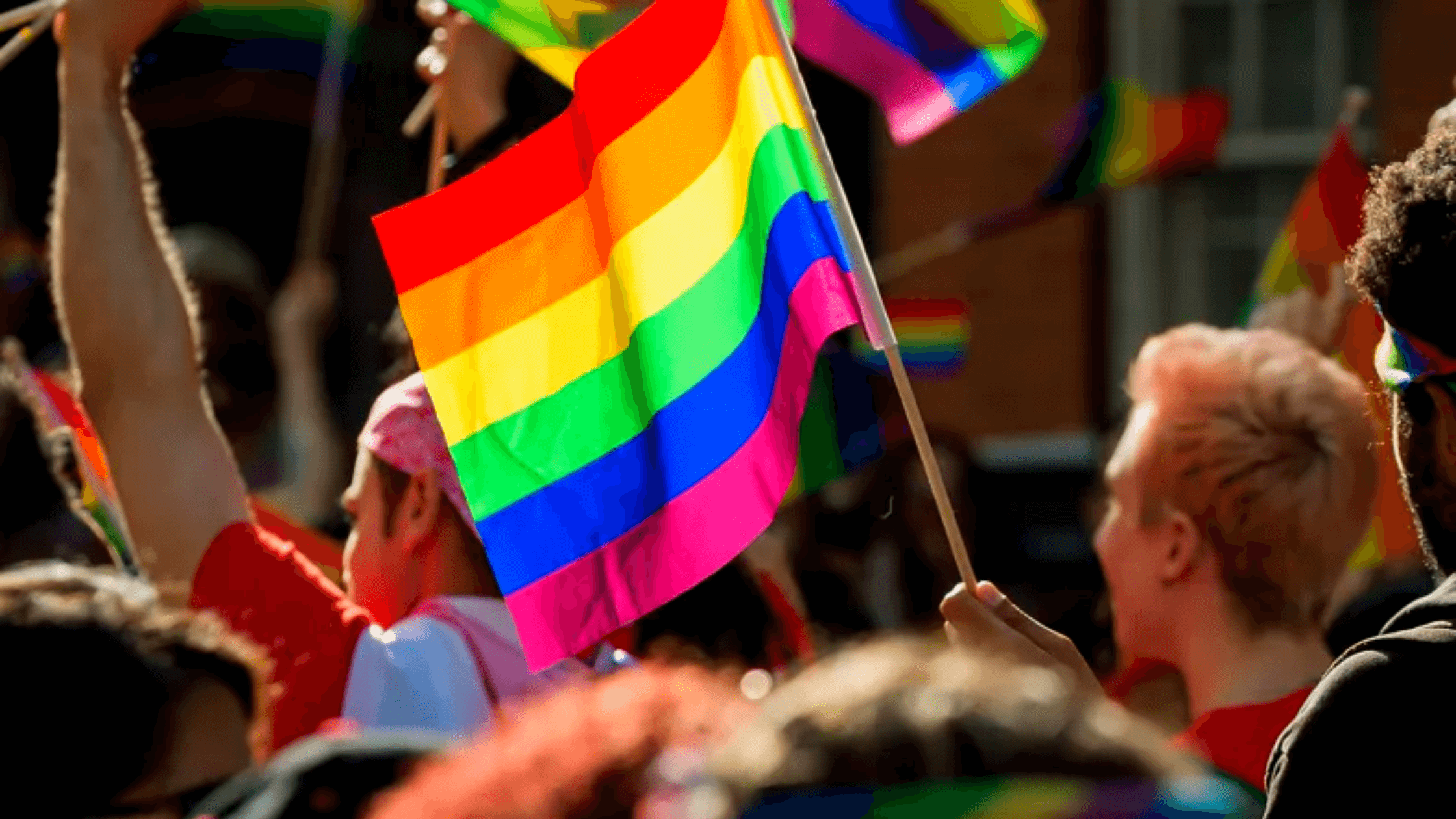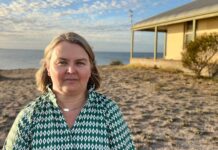The island country of the Lesser Antilles of the West Indies, Barbados has officially decriminalized gay sex in a landmark ruling for LGBTQ+ rights. The Barbados high court has dropped two colonial-era laws. One of them stated that men who are found guilty of holding consensual gay sex will be sentenced to imprisonment for a lifetime. While the second one permitted both men and women to be sentenced to imprisonment for about 10 years.
Barbados High Court Legalized Gay Sex
By decriminalizing these two colonial-era laws, Barbados has become the third country in the conservative Caribbean region to do the same in 2022. On Monday, the rule was passed by the Barbados High Court creating a crucial moment for the activists and nonprofit organizations who fought together against such colonial-era laws existing in the eastern Caribbean islands.

Téa Braun, the chief executive of a human rights organization named the London-based Human Dignity Trust, commended that the changes made in the existing laws have created a tidal effect in the Caribbean land. It is more like the victory of every citizen of Barbados who fought together for a common right. Although the old laws were summoned very rarely, it doesn’t support the queer or LGBTQ community. Rather, these laws made such communities look like criminals and merely as citizens.
She even suggested that cutting down the laws overnight changed everything upside down. By doing so, the entire society is alarmed that these laws are a unified contract. Also from now on, the citizens’ private relationships are not the business of the law and they are free to choose their partner.
As per Kenita Placide, executive director of the Eastern Caribbean Alliance for Diversity and Equality, Inc., the changes made in the laws are seen as a stepping stone in securing access to justice.
UNAIDS, the Joint United Nations Programme on HIV and AIDS, a Non-governmental organization also celebrated the overruling of the old colonial-era laws. According to them, this ruling will help decrease the shame or disgrace which prevented the LGBTQ community from taking HIV testing, treatments, and prevention services. They even commented that decriminalization will help change and save lives and will aid in the building of a stronger society.
Although the overruling was celebrated by hundreds, certain groups are against the decision of the government. Numerous Christian churches and organizations came forward objecting to the abolition of colonial-era laws. Backing them, several political leaders also came up against the court and even summoned God in their arguments.
According to Braun, only six countries in the United States remain with similar laws. These include Guyana, Grenada, Dominica, St, Vincent, Grenadines, and Jamaica. In these countries, members of LGBTQ+ and queer groups are escaping as a result of violent attacks they face in their own homeland. Numerous cases are filed by the citizens in which multiple cases are still pending.
As of the reports, the Barbados High Court hasn’t issued any written legal judgment until late January on the ruling stating such laws as unconstitutional. Rather they’ve just made an oral ruling without any details regarding the reasons. And because of this, citizens were still doubtful about whether the government really had any plans to appeal the law.
The case on overruling the laws was filed by two LGBTQ advocates in Barbados. The executive director of a local organization, the Eastern Caribbean Alliance for Diversity and Equality, Inc. said that she hopes society won’t discriminate against queers or the LGBTQ+ community anymore just because of their sexual orientation or gender identity.
But Braun believes that cutting off the laws won’t help much in solving all the problems. With such a statement she meant to put forward the violence and discrimination still faced by the LGBTQ community. She even says that this is just one of the major stepping stones and not the last step to acquiring justice.








